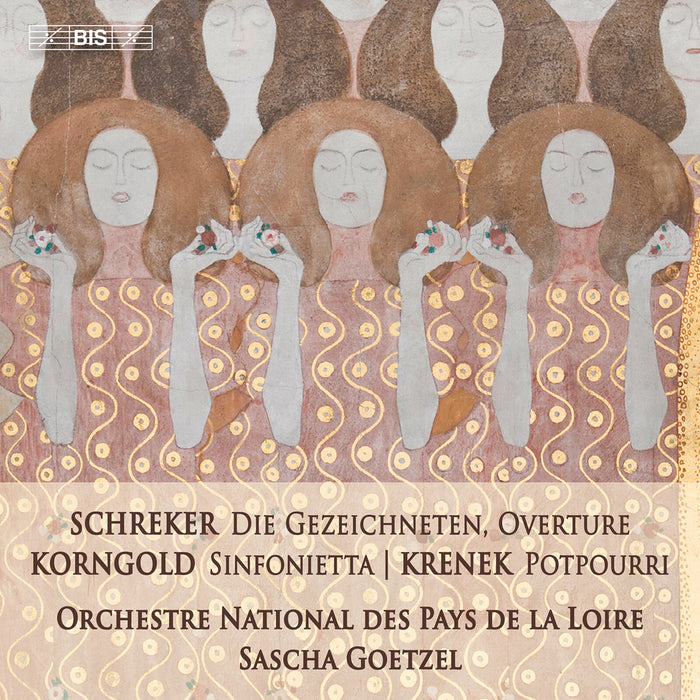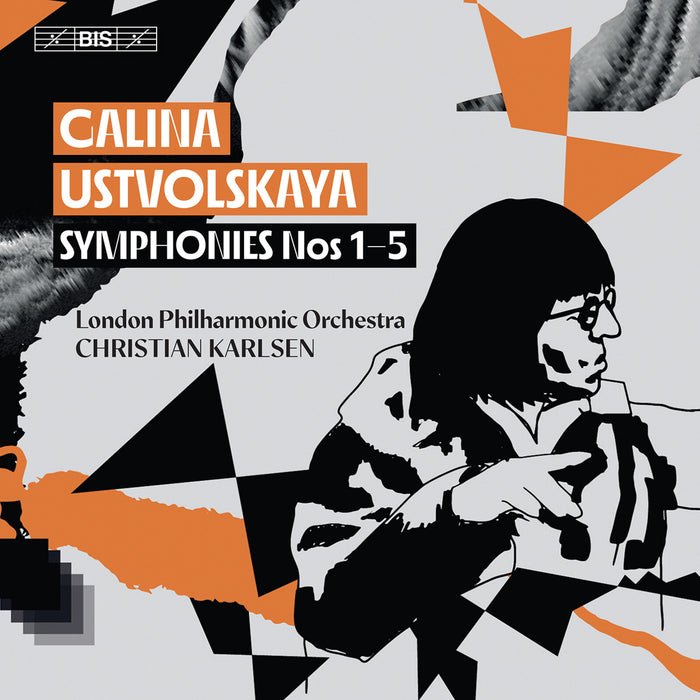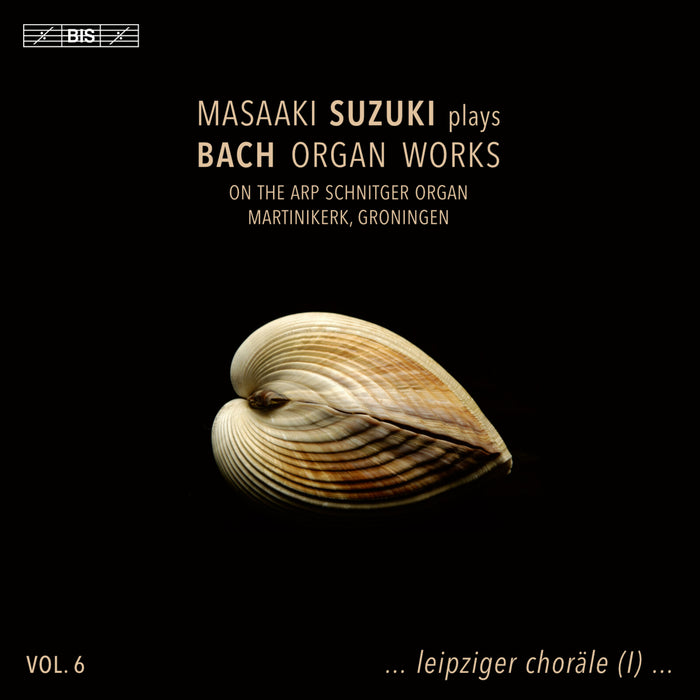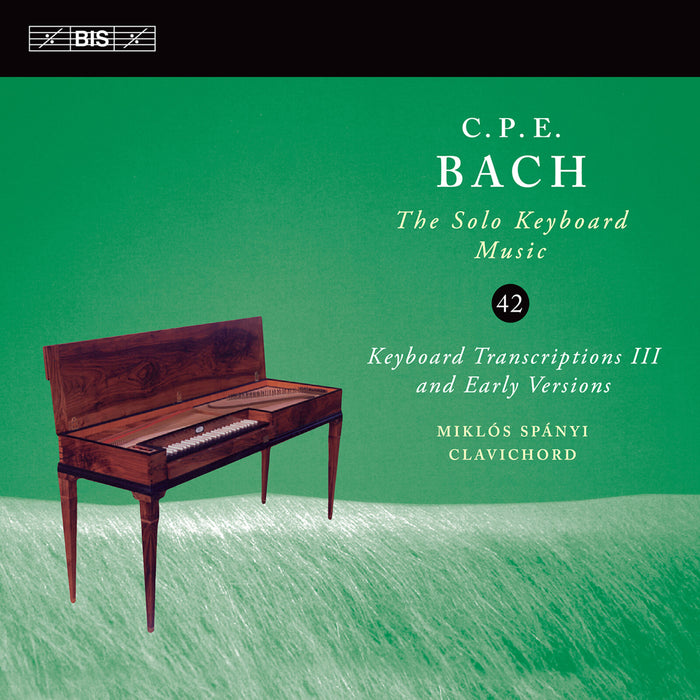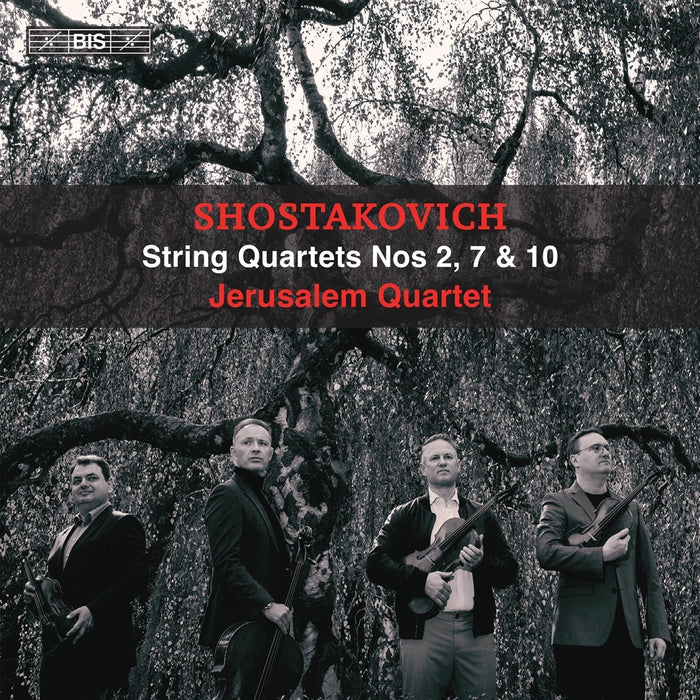Description
Pianist and barrister Paul Wee has made recordings devoted to the virtuoso repertoire of the 19th century, earning him the highest praise from the specialist press. He also tackled Beethoven with Franz Liszt's transcription of the Heroica Symphony, a recording named "Editor's Choice" by Gramophone, which wrote: 'Paul Wee proves himself a master of these treacherously demanding transcriptions, sweeping aside the technical challenges to present these great works with consummate musicianship.' It was therefore only a matter of time before he turned his attention to the pinnacle of piano literature: Beethoven's late sonatas. While Sonata Op. 101 is the least known of this select group, it nonetheless opens Beethoven's third and most prophetic creative period. It is followed by Sonata Op. 106, the "Hammerklavier", an immense work in every sense of the word which, as the author of the liner notes put it, "makes such demands ..., that it is as if a new set of auditory equipment was required." As for the last three sonatas, worked on at the same time and conceived as a triptych, Beethoven knew that they would constitute his three final utterances in the genre of the sonata. To quote the author of the introductory text once again, "the closing pages of Op. 111 escape earth's orbit forever, leaving the listener behind".




